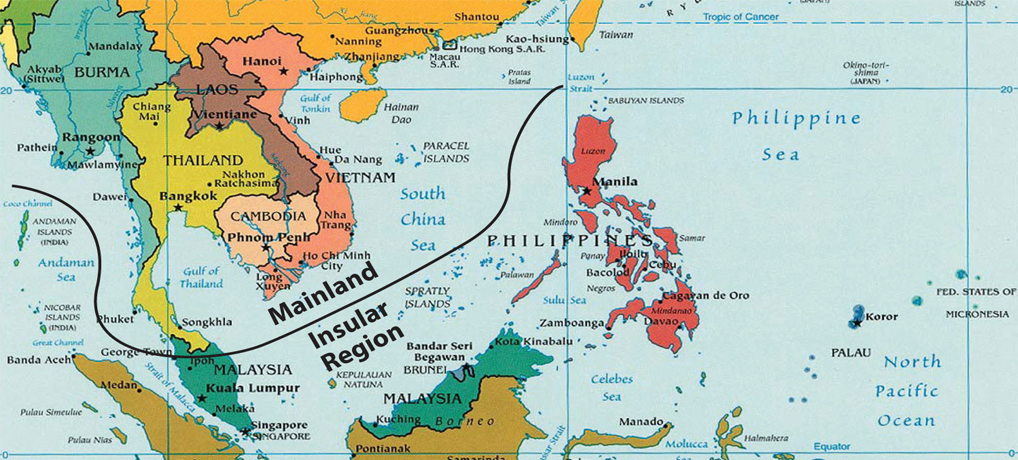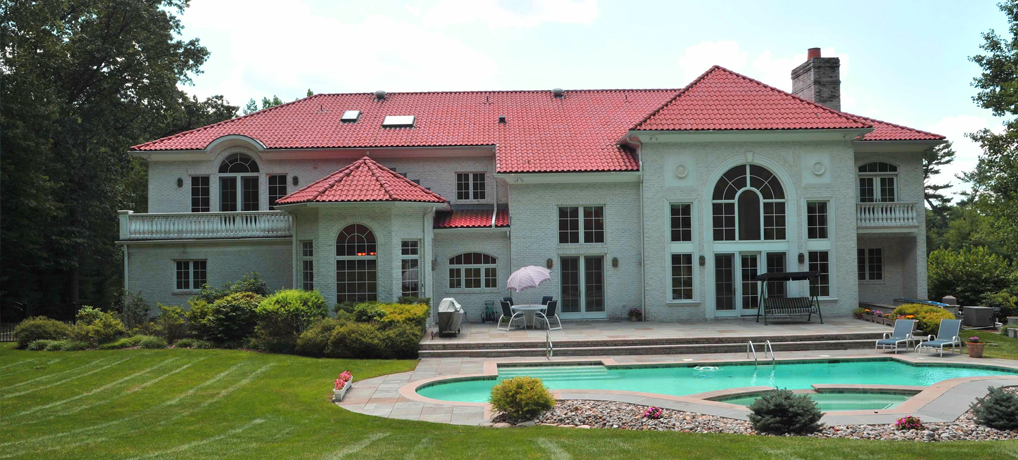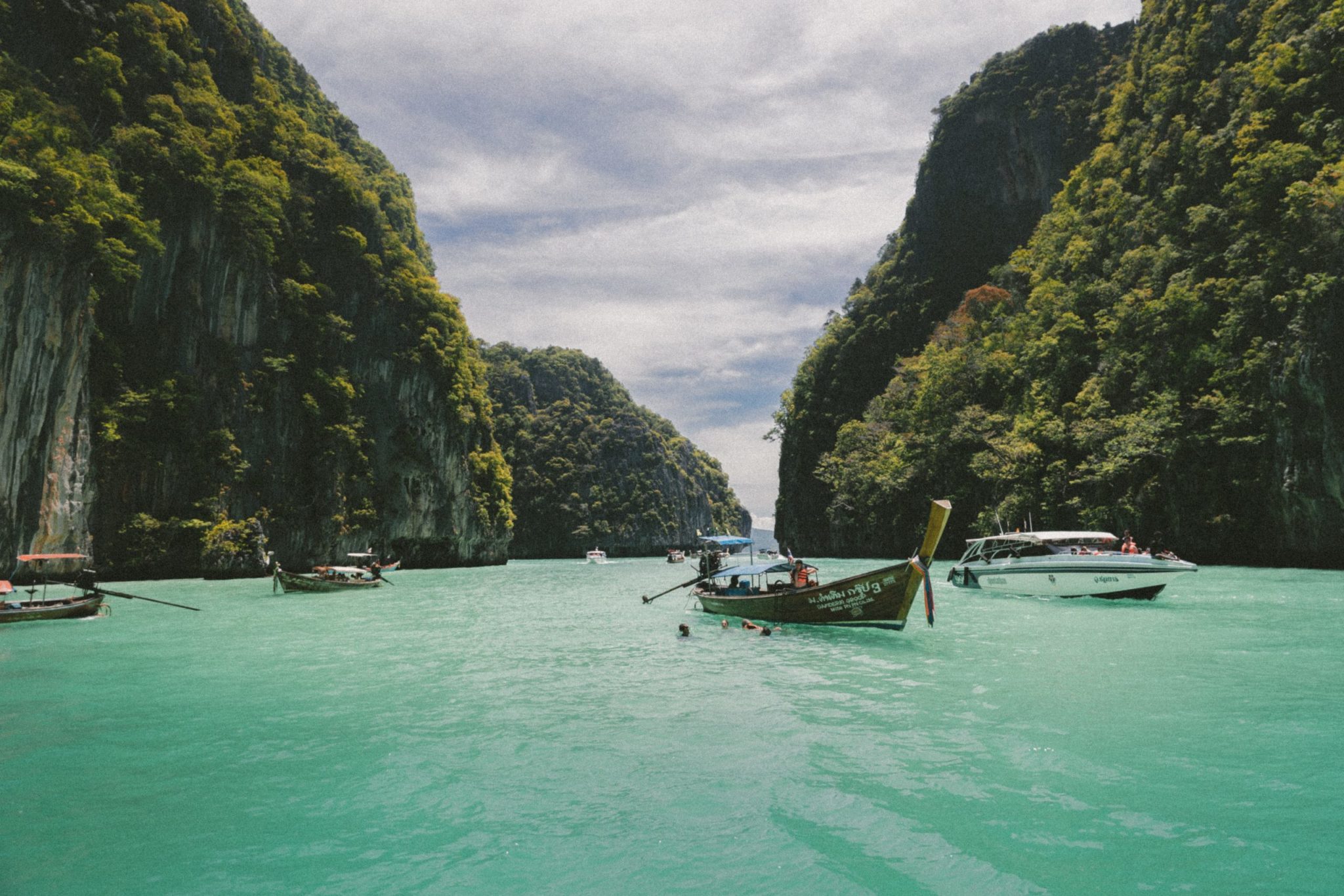At some point during our lives, we all toy with the idea of buying some land and buildings of our own small farmhouse. As urban educated Indians with well-paid jobs tend to feel that after we’ve paid our mortgages that this would be a great way to invest some money and also build something that we could use during the stage of our retirement. Ever since I’ve started TripVillas.com a lot of people (friends, family) have been asking me for advice on buying land and building a farmhouse.
Firstly, I’d like to stress that you need to get legal advice from a lawyer that is local to the district to where you are buying. A lawyer from a big city or a lawyer from a different state will definitely not do. My views below are meant more as things to watch out for and should not substitute your retaining a lawyer to advise you.
Now that this is done with, here are some of the things I feel you should look out for:-
1) Investigate the title of the seller thoroughly.
I cannot stress how important this is. Find out who the person bought it from and who that person bought it from. Go to the local land records department and take an extract for the particular plot. It should clearly mention all the owners and whether the land has a lien on the same.
2) Investigate the exact nature of ownership.
India has complicated land laws that vary by state. These are termed differently in different states but to simplify there are varieties of what in the west is known as “Freehold” Land. In India, historically, the land was owned by a landlord and tilled by a tenant farmer. Over time, this tenant farmer developed rights on the land and these rights were later legalized or legitimized to varying degrees by various States. You will need to examine carefully the exact right that the seller enjoys and whether you need consent from any other right holders to buy the same or transfer the said rights to you.
3) Investigate thoroughly if you as an urban person can buy the land.
In case the land is agricultural unless you are of an agricultural background and can prove the same, you will not be allowed to and so it is necessary for the seller to convert the land to Non-Agricultural before you enter into an agreement to purchase the same.
4) Be careful of encroached land or Forest land.
This is usually true in case the property borders forests or else the land is unusually forested or lush. In quite a few such cases owners own a certain portion of land and a certain portion has encroached forest land that they have been enjoying for generations. I have seen instances where such encroached land is mentioned in official documents and have been sold and deeds registered. However, keep in mind that on Forest land, you will not be able to build or construct anything and essentially this land is useless in your purpose of building a farmhouse.
5) Right of Way.
It is important that your property enjoys a clear path through which you can drive into your farmhouse. Try and ensure that the property borders the main road and you will be able to build a gate to access the same. In case you have to pass through someone else’s property you may want to negotiate and buy a path as part of the same transaction or else buy right of way in a concrete agreement having paid consideration for the same.
6) Water Source.
This is something I feel many people overlook and is one of the most important things to look for when buying land. It is worth the effort to get a diviner or a professional and evaluate the depth of the water table within the property. If you are buying a property with a bore well or another water source already present, then test the water for how portable it is. This will save you a lot of difficulty in the future.
7) Check rules related to FSI and construction in advance.
In some parts the FSI is as bad as 0.2 This means that on a 1000sq. feet plot you can construct only 200sq. feet so in order to build a 3000sq. feet modest villa you will need 15,000sq. feet of land. In other parts, there may be a restriction on how high you can build and the kind of electrical connection you can take.
8) Effects of different seasons.
In India, we have the poor infrastructure in many aspects. Especially difficult are the monsoons and winters in some parts. Check the topography of the plot you are evaluating and foresee how it will be affected during the monsoons. You will need to evaluate whether roads to the property may get submerged – if the road has a bridge with a river or stream flowing below, if the adjoining properties are at a greater height- leading to water from there getting drained into your property, or in mountainous regions – if the region is susceptible to landslides. I personally like visiting the property in the most inclement seasons – these are usually when the sellers have limited buyers and the property prices tend to be lower.
9) Succession related issues.
In the case of succession, I feel it is best to buy a property after significant time has passed since the death of the owner of the property. This is because time brings out differences and if there needs to be litigation, it would have happened. The last thing you want is to have paid one member of the family an advance and he is unable to consummate the transaction and does not have the means to return your money.
10) Plan for economics.
It is surprising how many of us buy land with particular end use and yet buy land that is either too big(not such a big problem) or too small (a very big problem) for that purpose. I recommend doing a detailed analysis before you search for your dream plot – remember to budget for the house, garden, parking, sewage, water tank, as well as some space for a shed, external generator unit and maybe a caretakers room, etc. If you are buying farmland, ensure you have worked out how much farmland you will be left with after you build your house and whether the product for such activities will be meaningful to either your family or else for you to sell and earn a reasonable amount for your hard work!
11) Sea or River Touching Property.
While such properties are very beautiful and we all love the beach, beware as India has very tough CRZ rules that prohibit construction anywhere close to the beach or the river. By close, I mean about 200m for River properties and 500m for sea-facing properties. This is very restrictive but does not seem to be going away anytime soon and so you must be aware that properties within this zone or likely to come under this zone in the near future must be avoided at all costs.
Lastly, my advice is to try and buy were a significant number of other people have bought property for similar end use. This will ensure some company and overall alignment of interests. After all, you will need people to socialize with.
In closing, this article deals more with buying land independently. This is really the best option for those who want to build something unique and at the same time enjoy a certain degree of exclusivity and freedom on their own land. I have also gotten many queries from people about buying land within second home projects that are heavily marketed in most of the big cities. I personally feel this may be the best option for the young upper Middle-Class Indian with limited time and resources in his hands. Most of these developers have also gone through the rigmarole of getting approved by banks etc. and so you may also get financing. I will go through the pros and cons and things to watch out for while buying in such gated communities shortly.








